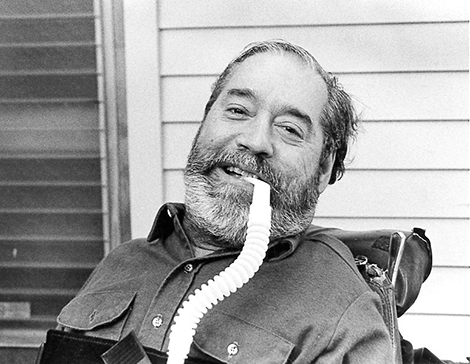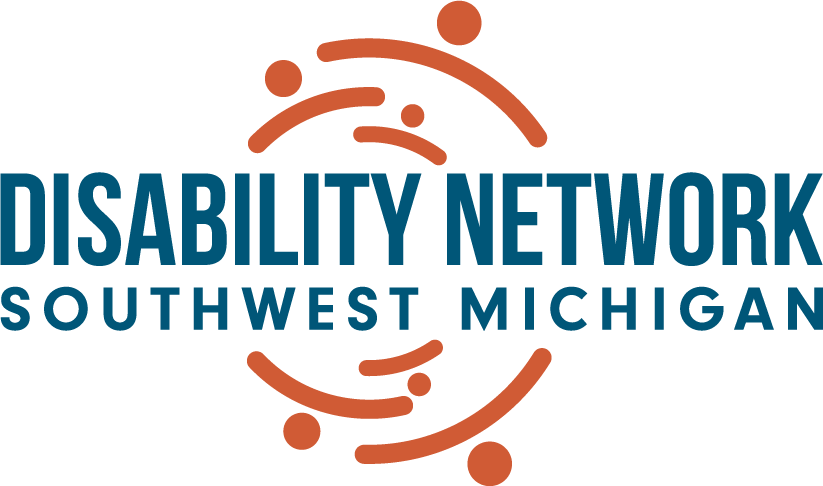Ed Roberts Day – January 23

January 23 is Ed Roberts Day. Roberts is often referred to as “the father of the Independent Living Movement” because of his persistent and successful advocacy work for disability rights beginning in the 1960s. As a result of contracting Polio when he was eight years old, Roberts was paralyzed from the neck down and required the use of an iron lung to assist him with breathing. He started advocating for his rights at a young age when his high school threatened to deny him a diploma because he had not completed driver’s education and physical education.
Roberts went on to college at the University of California–Berkeley where he continued to be a disability rights advocate, forming a student group known as the “Rolling Quads.” Their success in advocating for disability rights on campus soon grew to include the broader community which eventually led to the creation of the Berkeley Center for Independent Living (CIL)—the first independent living service and advocacy program run by and for people with disabilities.
Advocacy continues to be the cornerstone of the Independent Living Movement. CILs throughout the country have adopted the phrase, “Nothing about us without us,” which reflects the deeply held principle that people with disabilities should be included in, and central to, discussions and policy making pertaining to disability.
Rise Up! Disability Resistance, History and Pride
Ed Roberts is one of many dedicated disability rights organizers who have paved the way to a greater awareness of disability rights within the framework of civil rights. To celebrate Ed Roberts Day, we are offering our workshop titled Rise Up! Disability Resistance, History and Pride. Being offered as an interactive online workshop, Rise Up! will include discussion and activities that promote knowledge of disability history and support the journey to disability pride.
Many of us in the disability community are unaware of the depth of our culture and history and feel shame and stigma instead of pride around our disability identities. Family, friends and human service professionals also have a lack of knowledge of disability history and struggle to find ways to support our journey to disability pride. Let’s change that! Follow this link to join us for Rise Up!
